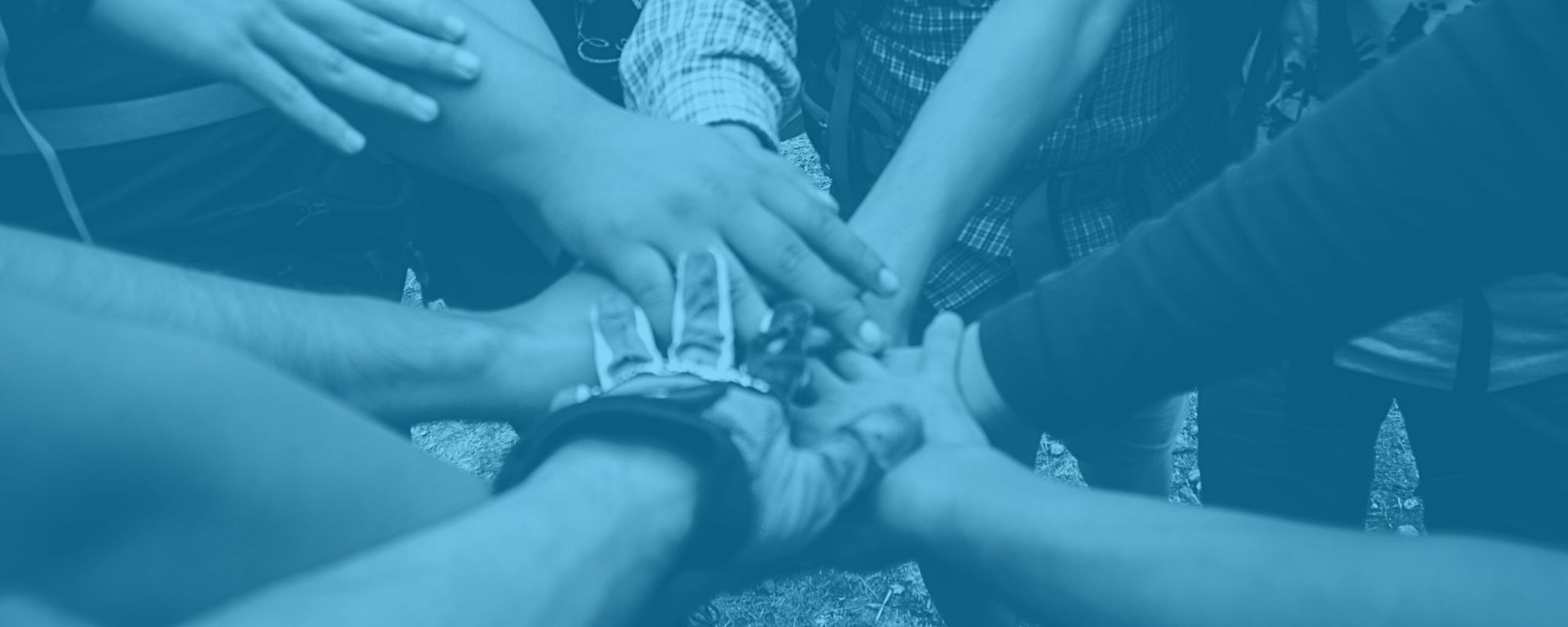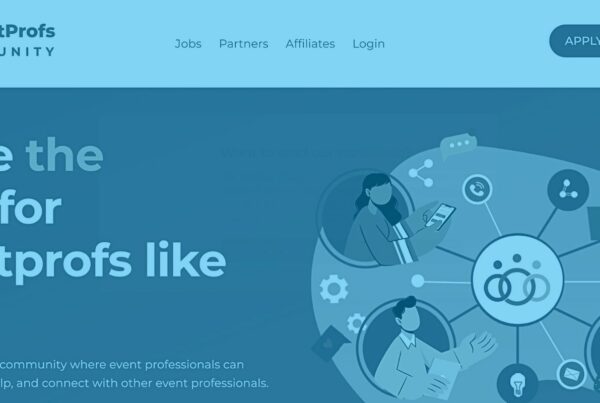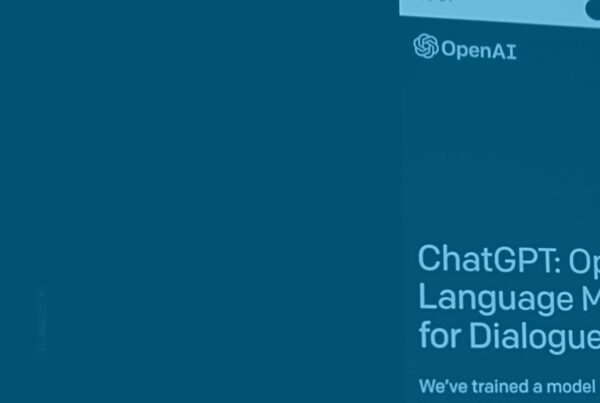Building an online community can take years of hard work. That’s why Endless Events’ very own Will Curran and Kyle Kosinski created the #EventProfs community. They’re on a mission to build and grow a community from the ground up so they can better understand what it takes to develop an event community.
#Eventprofs is designed to put your knowledge on center stage. In Kyle’s words, “Whether you’re a festival producer or a lighting technician, you can teach the whole world of event professionals what you know and help make everyone’s events better.” But in today’s episode, Will and Kyle share their valuable insights as they learn how to build an event community.
Slack: How #EventProfs Got Started
Will discusses where #EventProfs began. “I created a Slack group called #EventProfsUnite. Endless was one of the few companies using Slack. Nick Borelli told me, ‘I know you use Slack. You should do one for the events industry.’”
Will continues: “Over the course of the last two years, 2000 people joined it. It was really active in the beginning but then it started to trail off a bit. I didn’t put a lot of purposeful thought into it, it was definitely just designed to expose people to Slack. The one thing I learned from that was even if you create a community, it needs constant management.” he says.
“Luckily we can lean on the Endless audience with #EventProfs. I think that’s probably been the biggest challenge, we’re literally building this from the ground up,” explains Will. Still, he says having a community that consumes your content isn’t enough to sustain a community. “I’ve learned firsthand that if you have a brand that creates a lot of content, don’t expect to just launch a community and have people join and participate.”
Without Searchability, Content Gets Lost
Will transitions to the next topic with a question for Kyle. “Our #EventProfs platform has a newsfeed where people can post things. What’s your experience with that?”
Kyle thinks easy searchability is a feature the platform should incorporate. “If you wanna see a post on a topic, you should be able to type that word in and populate posts with that word,” he says. “That was one of the successes the Slack community had. It’s something that we need to improve upon as more and more people start posting.”
Will agrees. He references his experience with Reddit and Facebook in recent years. “I found it to be a really enjoyable way to process information. The filtering aspect of Reddit is great. That’s the problem with Facebook groups, they start off great and everyone is able to stay on top content. But when those memberships grow to thousands of members and posts, you just get lost in the sauce. You can’t stay on top of it at all,” explains Will. “I’m totally cool with #EventProfs continuing to be a very niche group. That’s what you go there to do. You go to learn about things in your industry, things you care about.”
How Do Members Know When to Engage with the Community?
An essential part of building an event community is helping members find the best time to engage with the platform. “One of the biggest lessons we’ve learned so far is members want to know when they should be coming into the community,” says Kyle. “It’s already hard enough for them to find time to surf Reddit or YouTube. What do you recommend as far as getting people in?”
Will doesn’t think they’ll have an actual answer for at least 3 to 6 more months. Learning how to engage members best is part of the learning process. “Notifications were huge to me. I wanted push notifications on people’s phones. Email notifications get lost for me,” he says. “I don’t want more text messages. So push notifications made a lot of sense to me in that regard. I also think this is where I just don’t have an answer yet.”
Missing Features On Event Platforms
Will has noticed that many event platforms are missing critical features for year-round event communities. For example, community registration is different than event registration. A significant feature they need for community registration is recurring charges, but Will and Kyle weren’t finding it in event platforms. Having the ability to utilize integrations is critical for building an event community.
“When people signed up for #EventProfs, it prompted them to sign up and wait. It let them know, ‘if you wanna move up in the list, you can just refer more people to get them involved.’ That was super successful. It ended up returning 40% more signups than we thought it would,” says Will. “Then, what I did is set up a Zapier integration that, when I click the invite button, fires off and automatically adds them into the community. It’s been working really, really well so far.”
“So as you’re looking for your community platform, consider if it has what you’re looking for,” adds Kyle. “If not, are there ways to integrate the tools you need to make the experience what you want while you continue to give feedback to your technology provider?”
Building An Event Community: Conclusive Thoughts
Kyle begins to wrap this episode up with a “big” call to action for everyone listening. “If you’re not in a digital community today, jump into one. That’s how you’re going to start getting feedback for your organization,” he says. “It’s how you can start connecting your individual attendees and forming a more cohesive unit for your organization.”
“If you want, you can come join ours too,” adds Will. “Even if it’s not our community, you need to join a community. That’s how I learned about different ideas. Similar to how you get inspiration for your events by going to other events, joining a community will give you inspiration. If it doesn’t make you happy and you don’t feel attached to it, go find another one until you find the one that you really latch onto.”
Will and Kyle want to hear from you. What have you seen from a community? What technologies are you using? You can reach them by email, but you can also contact them on #EventProfs. We want to hear from you!








